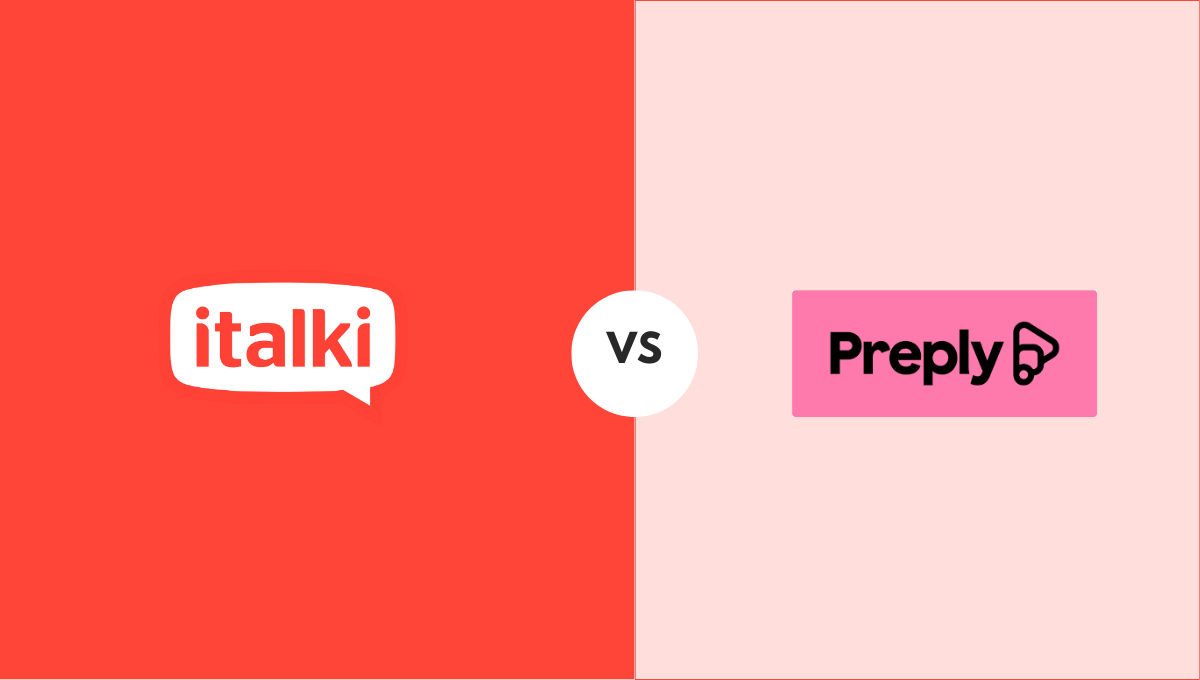Language is the foundation of culture, and greetings are one of the first steps in learning a new language. In Hebrew, the language of the Jewish people and the official language of Israel, greetings are a key part of everyday interaction. Whether you’re a beginner in Hebrew or just curious, knowing the different ways to say “hello” can give you a better understanding of the language and its nuances.
In this blog, we’ll explore the various ways to say hello in Hebrew. We will dive into formal, informal, and even regional greetings, as well as phrases for specific situations. By this end, you’ll be equipped with the vocabulary you need to start any conversation in Hebrew!
Hello in Hebrew: Basic, Formal and Informal Greetings
Let’s begin with the most basic and widely used greetings in Hebrew. These greetings are versatile and can be used in various contexts.
| English | Hebrew (Transliteration) | Hebrew (Script) | Meaning |
| Hello/Hi | Shalom | שָׁלוֹם | “Shalom” is the most common greeting. It also means “peace.” |
| Hi (Informal) | Hey | הֵי | Similar to the English “hey,” it’s a casual greeting used among friends. |
| Good Day | Yom Tov | יוֹם טוֹב | Used to wish someone a “good day.” |
| What’s Up? | Ma Nishma? | מַה נִּשְׁמַע? | An informal greeting asking “What’s up?” or “How’s it going?” |
Shalom is undoubtedly the most famous Hebrew word, and it can be used in a variety of situations. While it simply means “hello,” it’s also used to say “goodbye” or “peace,” making it incredibly versatile. It’s appropriate in both formal and informal settings.
Formal vs. Informal Greetings
Like many languages, Hebrew has formal and informal ways of greeting people. Your choice of greeting depends on the context and relationship with the person you’re addressing.
Formal Greetings
Formal greetings are used in professional settings or when addressing someone you don’t know well. These phrases tend to be more respectful and polite.
| English | Hebrew (Transliteration) | Hebrew (Script) | Usage |
| Good Morning | Boker Tov | בּוֹקֶר טוֹב | Common formal greeting during the morning hours. |
| Good Evening | Erev Tov | עֶרֶב טוֹב | Used in formal conversations in the evening. |
| How are you? (Formal) | Ma Shlomcha? / Ma Shlomech? | מַה שְׁלוֹמְךָ? / מַה שְׁלוֹמֵךְ? | Formal way of asking “How are you?” (masculine/feminine). |
| Peace Be Upon You | Shalom Aleichem | שָׁלוֹם עֲלֵיכֶם | A very formal greeting, often with religious connotations. |
Informal Greetings
In informal settings, such as conversations with friends or peers, the greetings are often more relaxed and casual.
| English | Hebrew (Transliteration) | Hebrew (Script) | Usage |
| Hi/Hey | Heya | הֵיָה | A casual “Hi” used among close friends or peers. |
| What’s Up? | Ma Koreh? | מַה קוֹרֶה? | Another way of asking “What’s up?” Informal and friendly. |
| How’s it Going? | Ma Hamatzav? | מַה הַמַּצָּב? | Used when checking in with someone in an informal manner. |
Note: In Hebrew, some phrases may change slightly depending on whether you’re speaking to a man or a woman. For example, the phrase “How are you?” (Ma Shlomcha?) is different for men (Ma Shlomcha?) and women (Ma Shlomech?).

Greetings Based on Time of Day
As in many languages, Hebrew also uses greetings that are specific to the time of day.
| English | Hebrew (Transliteration) | Hebrew (Script) | When to Use |
| Good Morning | Boker Tov | בּוֹקֶר טוֹב | Used in the morning, typically until noon. |
| Good Afternoon | Tzohoraim Tovim | צָהֳרַיִם טוֹבִים | Used during the early afternoon hours (typically from noon to 4 PM). |
| Good Evening | Erev Tov | עֶרֶב טוֹב | Used in the evening, after sunset. |
| Good Night | Laila Tov | לַיְלָה טוֹב | Said at night when saying goodbye or before going to bed. |

Mastering greetings like hello/hi, good day, and thank you in Hebrew allows you to communicate with people in a socially acceptable manner. Mastering the Hebrew language can be an exciting journey, especially with the help of online platforms like italki. italki is a popular language-learning service that connects students with professional language teachers and community tutors worldwide. The platform’s features and booking process make it a valuable tool for learners aiming to gain fluency in Hebrew, from beginners to advanced speakers.
Key Features of italki
One-on-One Lessons
One of the standout features of italki is its one-on-one lesson structure. This personalized approach ensures that learners receive their teacher’s undivided attention, allowing lessons to be tailored to individual learning styles, goals, and levels. Whether you want to improve conversational skills, grasp grammar, or expand your vocabulary by mastering the Hebrew alphabet, your Hebrew tutor can adjust lessons to suit your specific needs.
Variety of Teachers
Italki boasts a diverse community of certified teachers and community tutors offering online Hebrew lessons, each with their own specializations. This variety enables students to choose the perfect instructor based on teaching style, experience, and even accent preference. You can opt for a native Hebrew speaker from Israel or someone with a background in teaching Hebrew as a foreign language.

Find Your Perfect Teacher
At italki, you can find your Hebrew tutor from all qualified and experienced teachers. Now experience the excellent language learning journey!
Book a trial lesson
Flexibility in Scheduling
With busy schedules, finding time for language lessons can be difficult. italki addresses this issue by offering flexible lesson times. You can browse available tutors and schedule lessons at times that work best for you, including early morning or late-night sessions.
Affordable Pricing
italki offers lessons at various prices, making learning accessible to all. Tutors set their rates, and you can find instructors that fit your budget. Whether you’re looking for professional lessons or more affordable conversation practice with community tutors, there’s a price range that works for everyone.
Lesson Packages and Discounts
italki also offers lesson packages, which allow students to book multiple lessons at discounted rates. This is particularly helpful if you’re committing to long-term Hebrew learning and want to save money by booking in advance.
Structured Learning and Feedback
The platform enables students to follow a structured learning path. Tutors can provide homework assignments, progress tracking, and feedback to ensure that students are improving steadily and identifying areas for improvement. This helps learners stay on track and achieve their Hebrew fluency goals.

Booking a Hebrew Lesson on italki
Booking lessons on italki is a straightforward process:
- Sign Up: Create an italki account using your email or social media accounts. Or you can also download the italki app to practice Hebrew.
- Browse Tutors: Search for Hebrew teachers by applying filters such as price, availability, and rating. You can also watch introductory videos to get a feel for each tutor’s teaching style.
- Select a Teacher: Once you find a suitable tutor, check their availability and book a trial lesson to see if they match your learning needs.
- Book and Pay: Choose a lesson time, book it, and pay securely through the platform using your preferred payment method.
- Start Learning: You’ll receive a confirmation with details about the lesson, including how to connect with your tutor via video chat at the scheduled time.
Frequently asked questions
Q. What is the most common way to say hello in Hebrew?
A. The most common way to say hello in Hebrew is “Shalom” (שָׁלוֹם), which means “peace” and is widely used as a greeting. It can also be used to say goodbye, making it a versatile word.
Q. How do you greet someone in the morning in Hebrew?
A. To greet someone in the morning, you say “Boker Tov” (בּוֹקֶר טוֹב), which translates to “Good Morning.” It’s a formal greeting used before noon.
Q. Is there an informal way to say hello in Hebrew?
A. Yes, the informal way to say hello is “Hey” (הֵי), similar to the English “hey” or “hi.” It’s casual and often used among friends and peers.
Conclusion
Hebrew is a rich and vibrant language that reflects the culture and history of the Jewish people. Whether planning a trip to Israel or simply wanting to expand your linguistic horizons, knowing how to say “hello” in various ways is a fantastic way to engage with Hebrew speakers. From formal and time-specific greetings to regional and informal phrases, you now have a solid foundation in Hebrew greetings.
Mastering Hebrew with italki is efficient, flexible, and affordable. The platform’s features allow for personalized learning experiences, making the process engaging and productive. Visit the website today and book online Hebrew lessons. Happy learning!
Want to learn a language at italki?
Here are the best resources for you!











